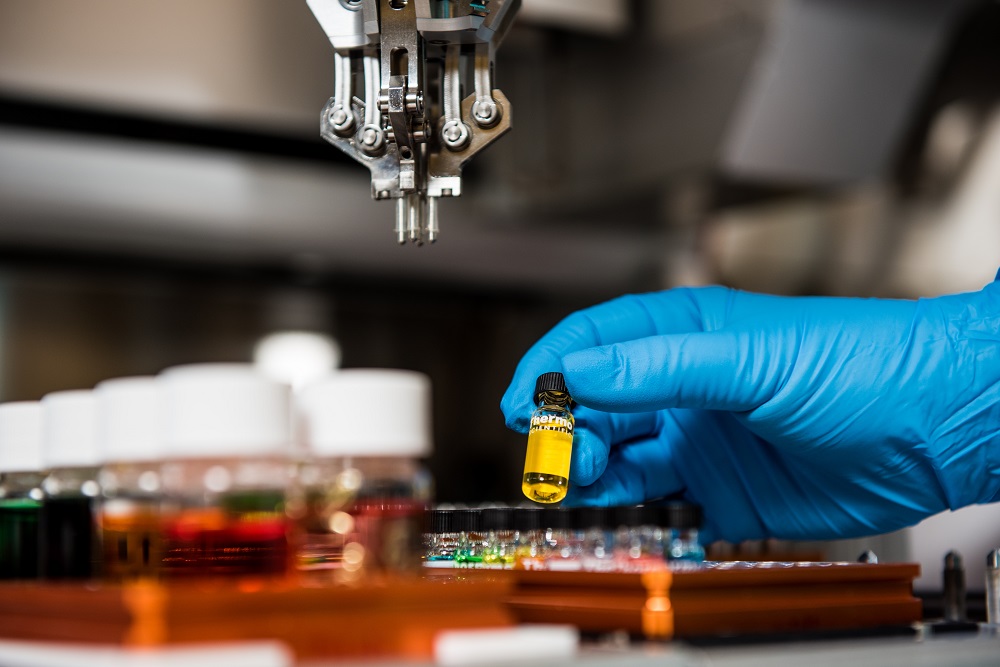Pharmaceuticals Industry
Pharmaceuticals Industry

Accelerating Drug Discovery
De Novo Drug Design
Predicting Drug-Target Interactions
Additionally, generative AI can help in identifying off-target effects, where a drug interacts with unintended biological targets, potentially leading to adverse side effects. By predicting these interactions early, researchers can modify the drug’s structure to minimize these risks, ultimately leading to safer and more effective medications.
Enhancing Patient Engagement and Personalized Medicine
Personalized Treatment Plans
Virtual Health Assistants and Patient Monitoring


Challenges and Future Directions
Another challenge is the interpretability of AI-generated models and predictions. In the pharmaceutical industry, where decisions can have life-or-death consequences, it is essential to understand how AI models arrive at their conclusions. Developing explainable AI models that can provide clear rationales for their predictions is a critical area of ongoing research.
Furthermore, regulatory and ethical considerations must be taken into account. The use of AI in drug discovery and patient care raises questions about data privacy, consent, and accountability. Establishing clear guidelines and regulations will be necessary to ensure that AI is used responsibly and ethically in the pharmaceutical industry.
Strategic
Partners








Conclusion
Generative AI holds great promise for the pharmaceutical industry, offering new ways to accelerate drug discovery and enhance patient engagement. By leveraging AI’s ability to generate novel solutions, pharmaceutical companies can develop more effective treatments and provide personalized care to patients. However, to fully realize this potential, it is essential to address the challenges associated with data quality, model interpretability, and ethical considerations. As these issues are resolved, generative AI is likely to become an integral part of the pharmaceutical landscape, driving innovation and improving patient outcomes.
We will contact
Get a call back
Accordion Widget for Elementor allows you to present plenty of content in a foldable and concise way.
Accordion Widget for Elementor allows you to present plenty of content in a foldable and concise way.
Accordion Widget for Elementor allows you to present plenty of content in a foldable and concise way.
Accordion Widget for Elementor allows you to present plenty of content in a foldable and concise way.
Accordion Widget for Elementor allows you to present plenty of content in a foldable and concise way.

